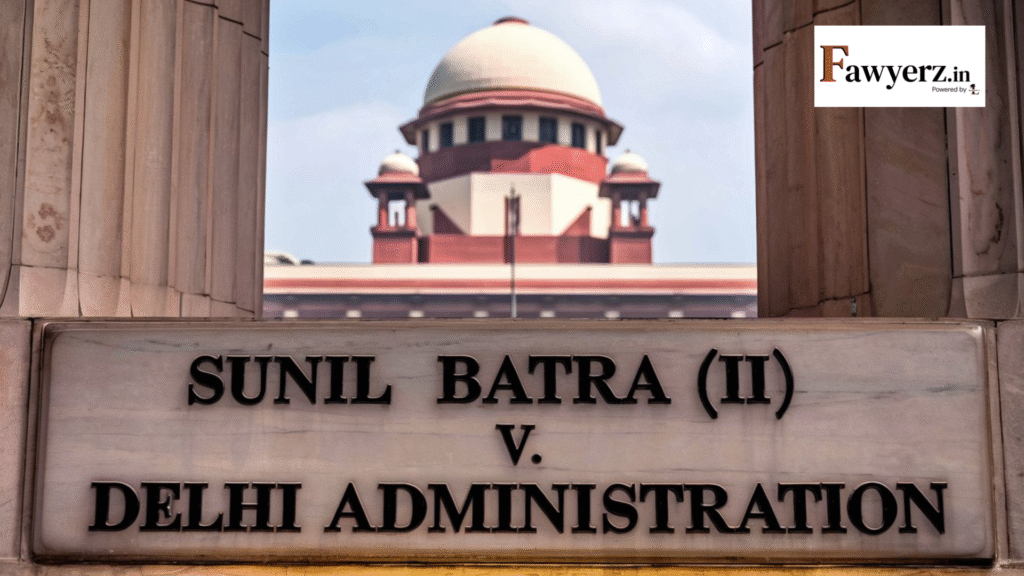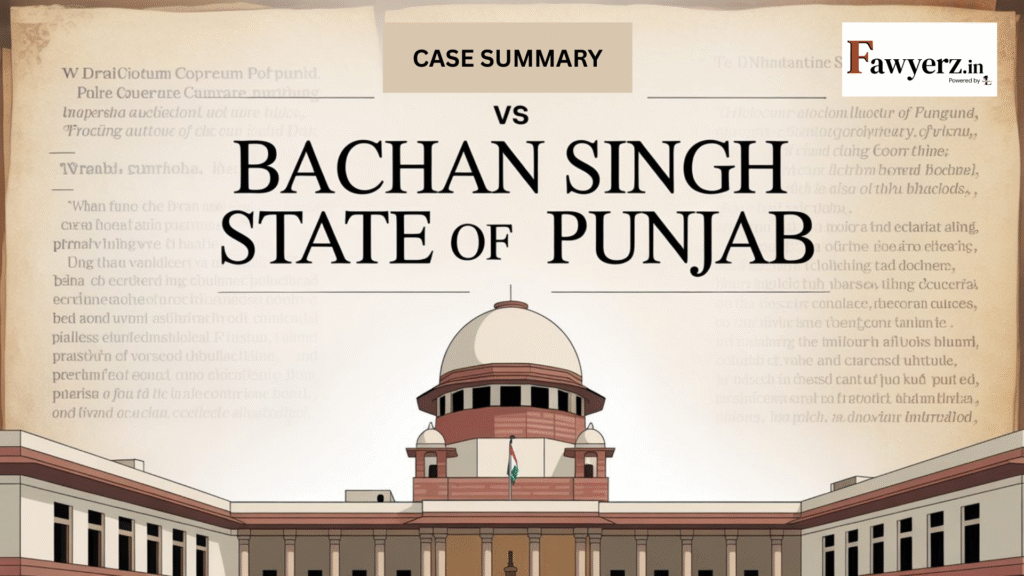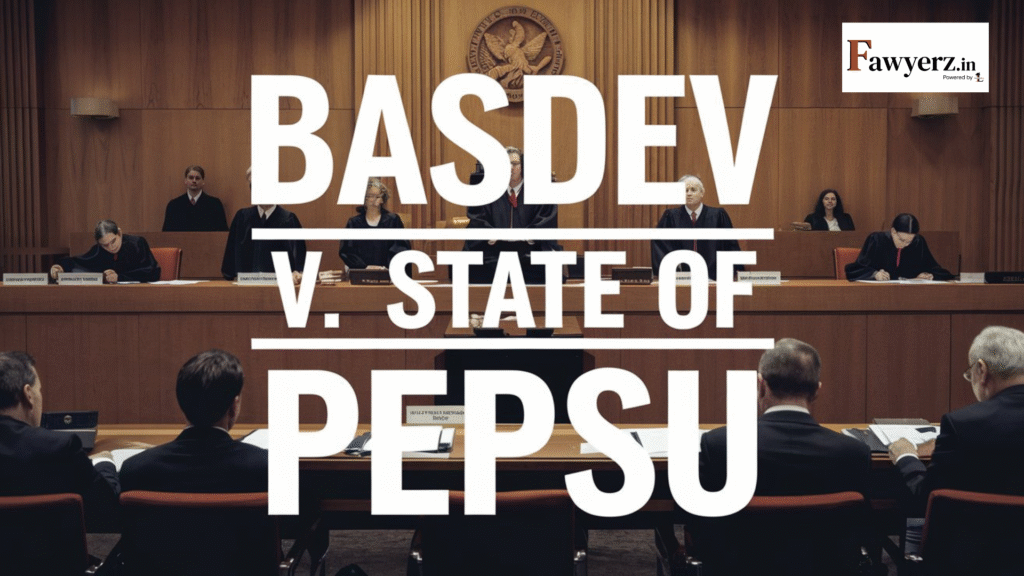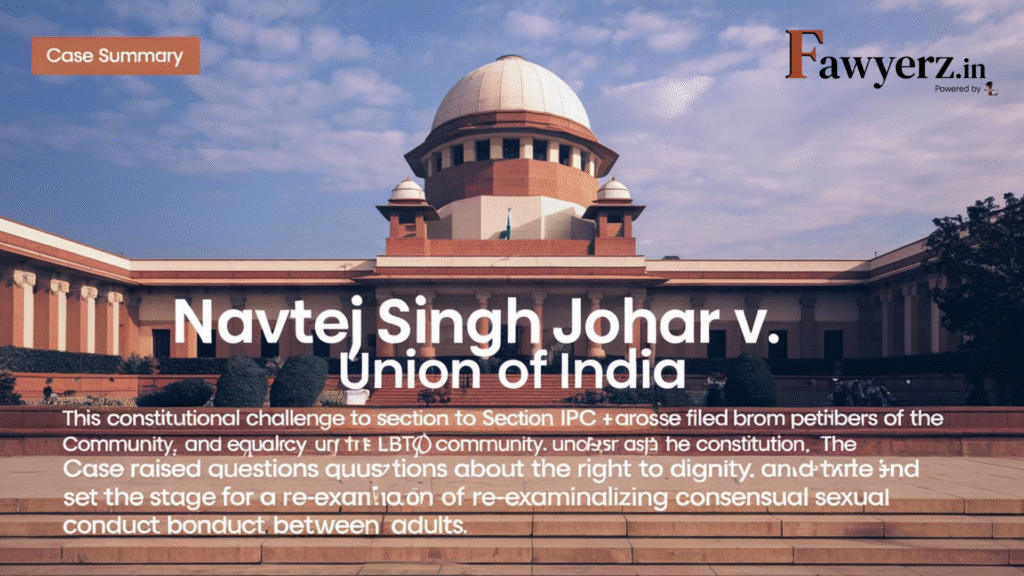State of Maharashtra v. M.H. George 1964 (Case Summary)
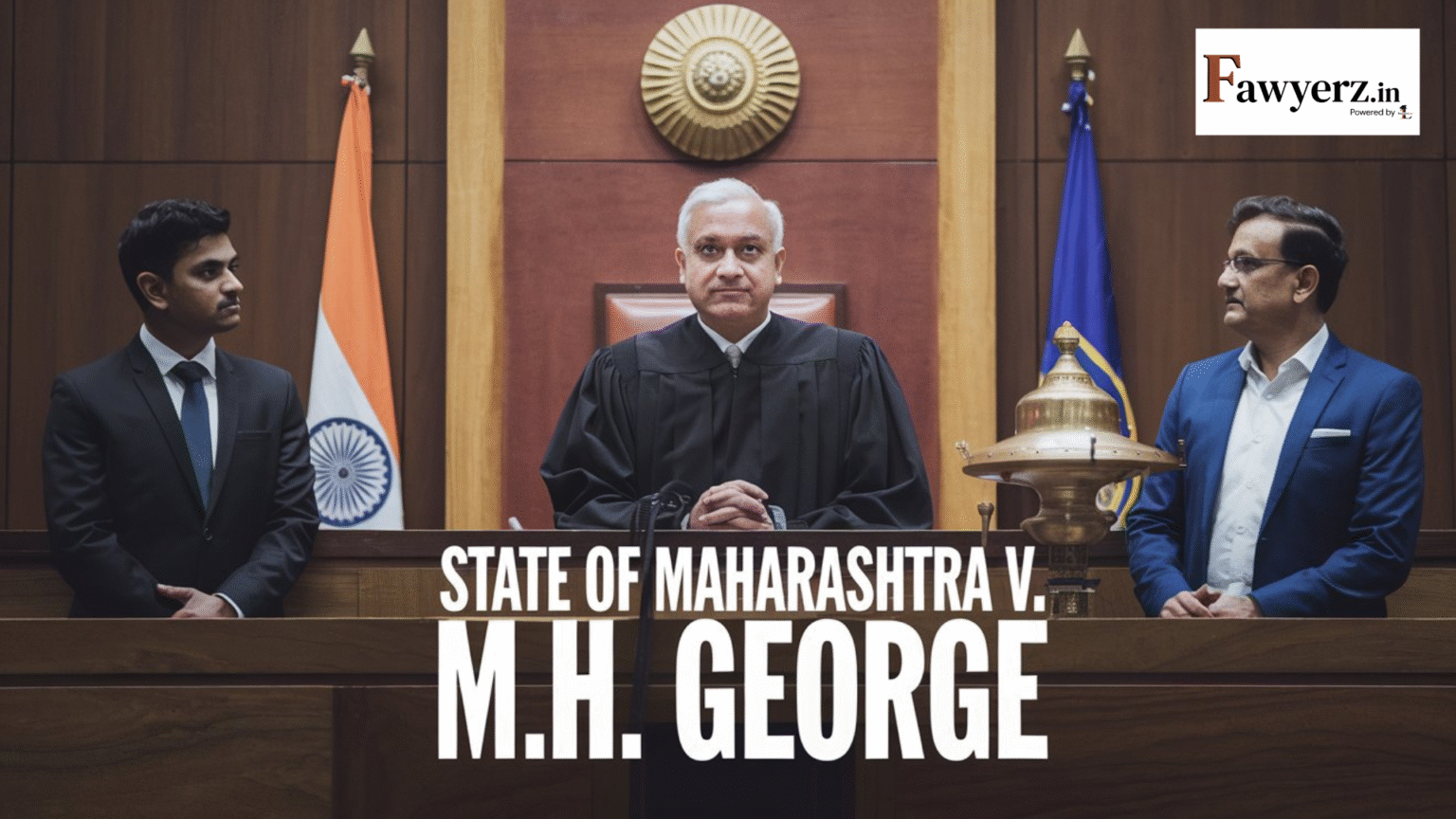
This Supreme Court case concerned an alleged illegal import of gold under the Foreign Exchange Regulation Act, 1947. The primary issue was whether statutory offenses under economic laws require proof of mens rea or whether they impose strict liability, thereby limiting the availability of certain defenses.
Table of Contents
ToggleFacts of State of Maharashtra v. M.H. George
- Mayer Hans George, a German national, boarded a flight from Zurich to Manila on 27th November 1962, carrying approximately 34 kilograms of gold concealed in a specially designed jacket.
- The flight had a scheduled stopover at Bombay’s Santa Cruz Airport.
- Acting on intelligence, customs officials searched the aircraft and discovered the concealed gold on George’s person.
- George did not declare the gold in the aircraft’s manifest, as required by a recent Reserve Bank of India (RBI) notification.
- He was charged under Section 8(1) read with Section 23(1-A) of FERA and Section 167(8)(i) of the Sea Customs Act, 1878.
Issues framed
- Is mens rea an essential ingredient for offences under Section 23(1-A) of FERA?
- Does the act of bringing undeclared gold into India, even without disembarking, constitute an offence under FERA?
- Can ignorance of a statutory notification serve as a valid defence in such cases?
Subordinate Court Judgment
The Presidency Magistrate found George guilty, emphasising the strict provisions of FERA and the RBI notification. The Bombay High Court reversed this decision, holding that the absence of mens rea absolved George of criminal liability.
Judgment of State of Maharashtra v. M.H. George
The Supreme Court relied on Section 8(1) of the FERA which prohibits bringing gold into India without general or special permission from the RBI and Section 23(1-A) which prescribes penalties for contravening provisions of the Act.
The Supreme Court examined whether mens rea is a necessary component for offences under FERA. It noted that while mens rea is a fundamental principle in criminal law, certain statutory offences, especially those concerning economic regulations, impose strict liability. The Court emphasized that the language of Section 23(1-A) does not mention intent, indicating legislative intent to impose strict liability. The purpose of FERA is to safeguard the economic interests of the country, and allowing a mens rea defense would undermine this objective. Regarding the RBI notification, the Court held that once a notification is published in the Official Gazette, it is deemed to be known to all, and ignorance cannot be a defense.
The Supreme Court set aside the Bombay High Court’s acquittal and reinstated the conviction of Mayer Hans George. It held that offences under Section 23(1-A) of FERA are strict liability offences, and mens rea is not a requisite component. The Court emphasized that ignorance of the law, especially of duly published statutory notifications, is not a valid defense. However, considering the time already served by George, the Court reduced his sentence to the period of imprisonment he had undergone.


